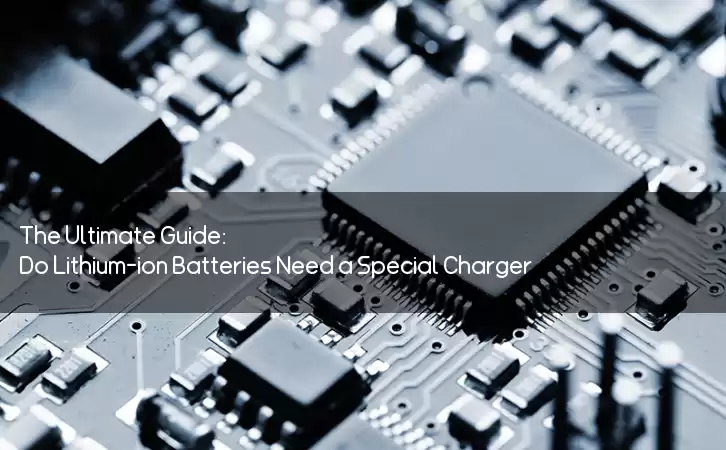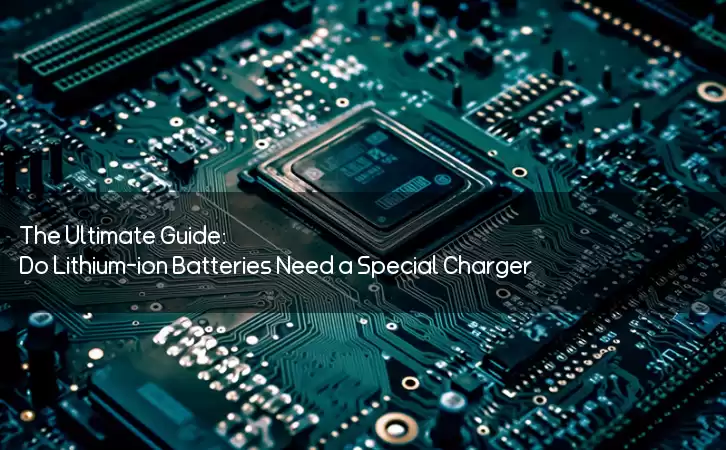Information Center
The Ultimate Guide: Do Lithium-ion Batteries Need a Special Charger?
Published:2023-07-11 20:34:52 Author:Green WCND Views:50Lithium-ion batteries have become increasingly popular in recent years, thanks to their long-lasting and rechargeable nature. They are used in a wide range of devices such as mobile phones, laptops, electric vehicles, and power tools. However, the question that arises is whether a special charger is required for these batteries or not.

To answer this question, it is essential to first understand the structure and behavior of lithium-ion batteries. Unlike traditional batteries, lithium-ion batteries require a more complex charging process due to their unique chemical makeup. These batteries make use of lithium ions as opposed to traditional cells that contain lead and acid. Lithium ions are much lighter and their movement between the anode and cathode during charging and discharging makes them an ideal choice for rechargeable batteries.

Now, coming to the question at hand, do lithium-ion batteries need a special charger? The simple answer is, it depends on the specific device and battery. First and foremost, it is essential to use a charger that is specifically designed for lithium-ion batteries. This is because these batteries require a particular voltage and current to utilize energy efficiently. An incompatible charger can cause irreversible damage to the battery and may even cause it to explode.
While there are universal chargers available in the market today, it is advisable to use the charger that comes with the device. This is because the battery management system and charging algorithm are set-specifically for that particular battery. It means that the charger that comes with the device is specifically designed to keep the battery safe while charging. In some cases, using a generic charger may even void the device’s warranty.
Another crucial factor to consider is the charger’s voltage and current rating. If the charger has too low or too high a voltage rating, it can cause the battery to undercharge or overcharge, respectively. Overcharging can be detrimental to lithium-ion batteries as it can cause them to swell and even start a fire. Therefore, it is essential to check the rated voltage and current of the charger before using it with your device.
In conclusion, it is highly recommended to use a special charger designed for lithium-ion batteries. It is equally essential to check the voltage and current rating of the charger before using it and to ensure that it is compatible with the device and battery specifications. Using any other charger may result in permanent damage to the battery or even cause it to explode. Remember, safety always comes first!
Power Adapter Design and Customization Guide for Portable Electric KettlesI. Common Design Types for Portable Electric Kettle Power AdaptersPortable electric ke···
I. Common Design Types of Power Adapters External Independent Type (Most Common) Design: A standalone adapter (e.g., "black brick") connected to the p···
Handheld Vacuum Cleaner Power Adapter Selection GuideIntroductionHandheld vacuum cleaners have become a mainstream tool for household cleaning due to their port···
Drill Power Adapter Selection Guide.drill-container { font-family: Arial, sans-serif; line-height: 1.6; max-width: 800px; margin: 0 auto; padding: 20px; } .dril···





